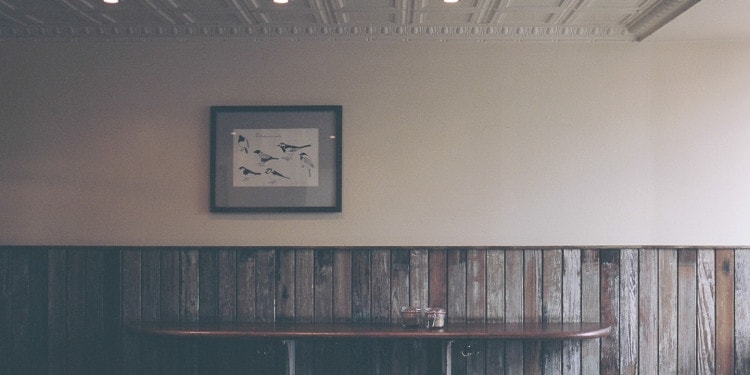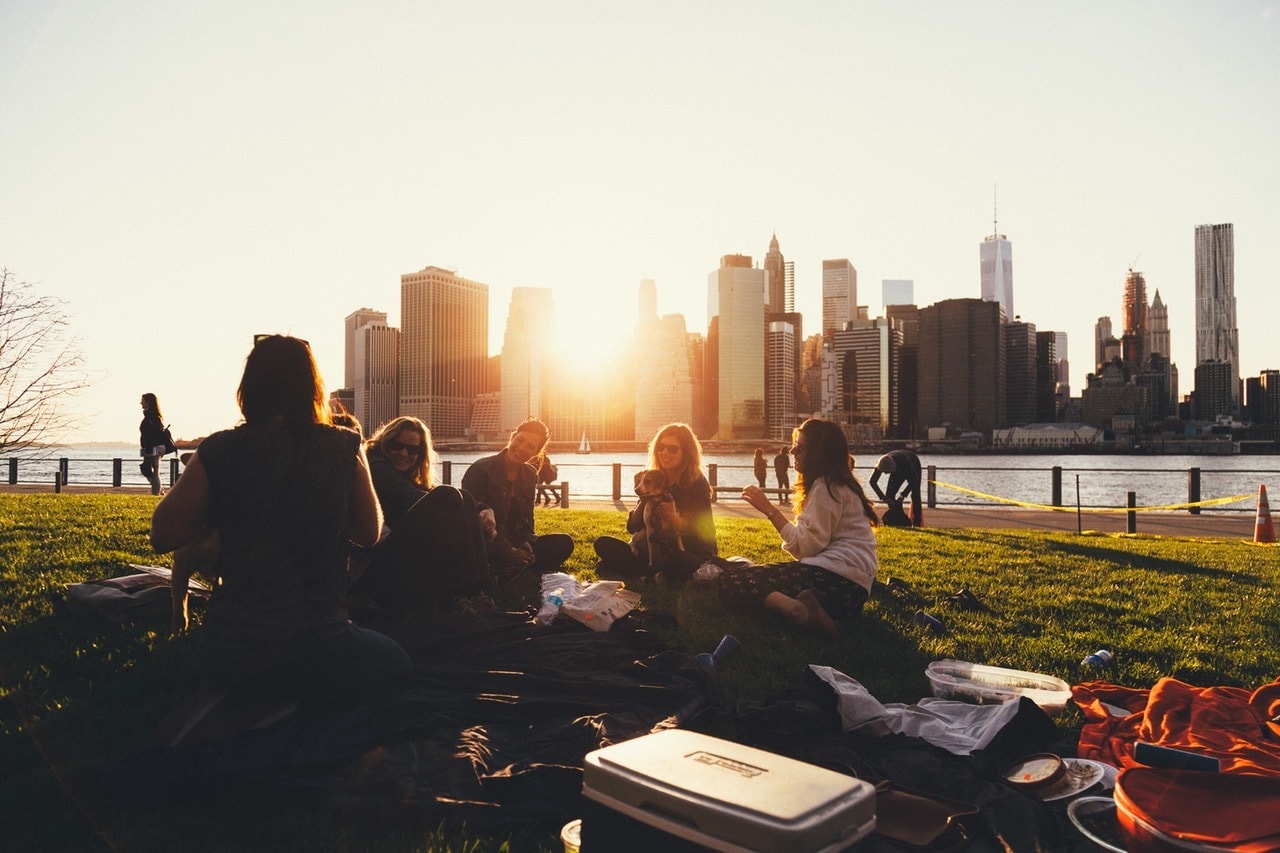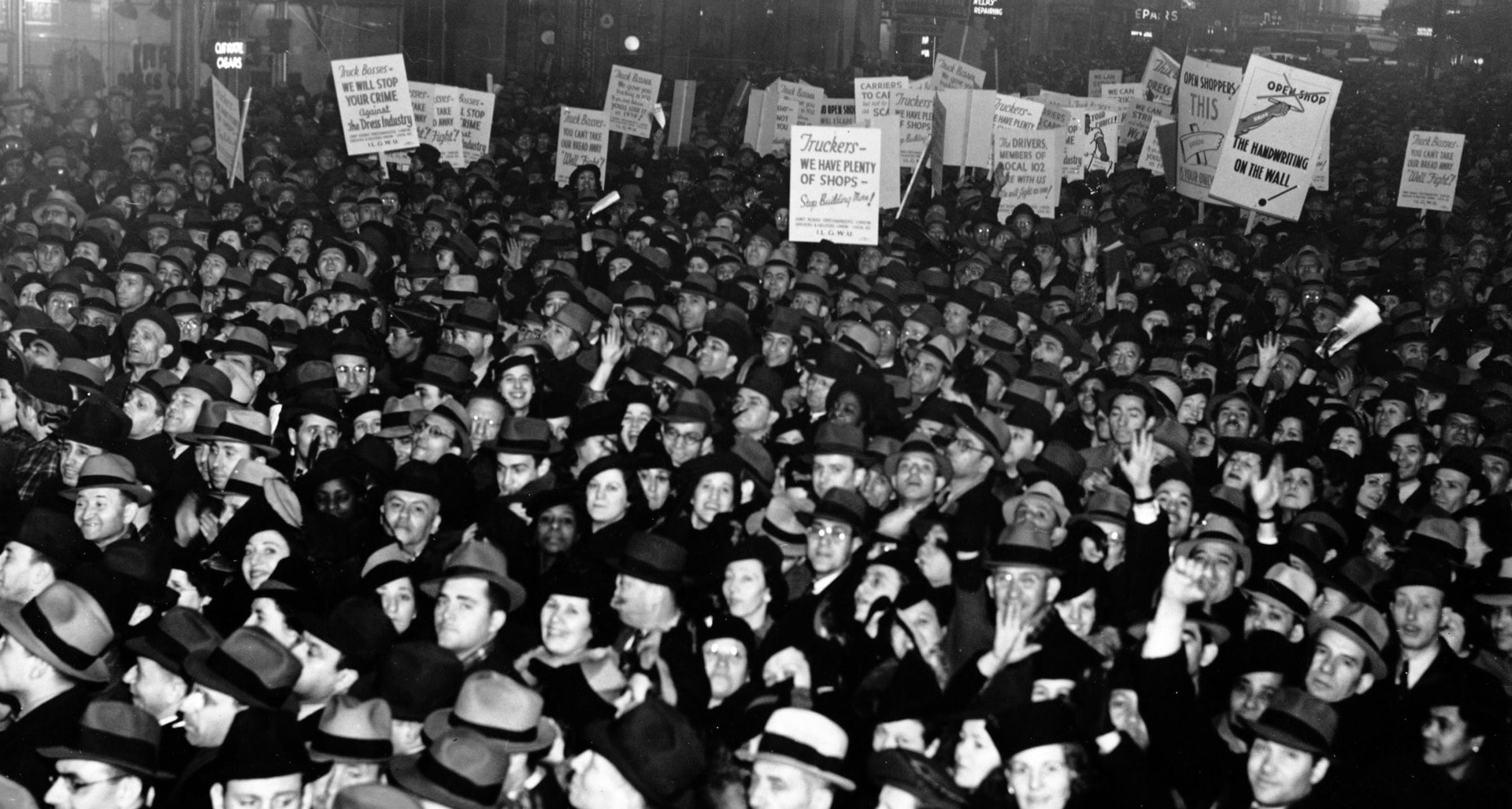One of the most dehumanizing falsehoods of our time is that work is still necessary and noble. To support this audacious supposition, I must first introduce you to my Three-Legged Stool analogy, upon which this great lie is grounded. Picture a three-legged stool. One leg is consumerism. Consumerism is an economic theory that increased consumption and spending lots of money on goods and services, is beneficial to a nation’s economy in the long run. The second leg is excessive monetary wealth. The third and final leg is materialism. Materialism is defined as a great or excessive desire to buy excessive items and to accumulate more tangible goods. The seat of the stool represents the need for work. So, the need for work is propped up by materialism, consumerism and excessive monetary wealth, without which the stool would cease to be a stool and the need for work would fall in a heap. And it is no accident that I choose for my analogy the stool. It also acts as an appropriate metaphor for what I am describing, if you contemplate the second definition of stool.
Why do I think that this stool, upon which our need for work fraudulently props itself, is so malevolent? And am I saying that we need to scrap these fundamental economic ideas and start again? Maybe. We do need to have a realistic and grown-up conversation (i.e. not political and not driven by short-term goals) about the stool’s design, and potentially refurbish it; change the bits that don’t work, adjust or replace the legs, and replace the seat for a smaller, more ergonomic one. As it sits today, there is no question in my mind that this dangerous item of furniture is behind much personal, societal and environmental damage and dysfunction.
Harmful to the Individual
Firstly, let’s look at the harm done to individuals. The average work day is getting longer, even after mass automation. Wasn’t automation supposed to bring about more leisure time? Folks are spending more hours at work as they progress through their careers and as their responsibilities grow. We pump out eight hours as an employee, only to work ten as a manager and then get rewarded with twelve hours a day as the head honcho. Talk about duped!
For much of my own life, I have slaved away the years whilst plonked upon the Three-Legged Stool. But I remember an earlier time when this was not the case. I consider my days at University to be some of the most simple and enjoyable of my life. My friends and I worked part-time jobs to provide for our frugal student lifestyles. None of us earnt very much, but it was sufficient to cover accommodation, albeit in a communal situation, food, albeit mostly beans and tuna, and wine, albeit served in a four-litre box. It was certainly enough to afford a good life. All of us were healthy and unencumbered by debt, stress, and as it happens, ambition. We lived simple, happy and healthy lives. We owned, admittedly on account of our financial limitations, only those things that were necessary or brought us joy. We had plenty of time for family and enjoyed much of the proverbial wine, women, and song.
Photo Credit: Pexels
As we graduated and ventured out into what some call the real world, for the first time in our lives, we encountered the Three-Legged Stool. We all quickly found jobs in our chosen profession, although it was not so much chosen as it was expected. Life changed. Work hours skyrocketed as our jobs transmuted from a minor sideshow to the most significant activity in our days. The extra money that I was earning was applied to one of the legs of the Three-Legged Stool, the accumulation of stuff. My reliable old Volkswagen beetle was replaced by a fancy Japanese sports car. My share accommodation partners gradually moved on as I moved into a comparatively extravagant flat on my own. Communal living was hardly appropriate for a professional. New bills materialised for services and subscriptions, phone plans, car insurance, home contents insurance, cable channels and credit card interest. After all was said and done, I was retaining exactly the same amount of money that I had been saving at University. i.e. none.
With so much work I saw less of my friends and family. I spent my weekends winding down from the last work week and winding up for the next one until eventually I was working from home on weekends to stay afloat. I could see that I had more luxury in my life, but though I was not someone who really appreciated that kind of thing, I accumulated it anyway.
At some point after about two years of this, I figured I should be saving some money. After all, why the hell was I doing this? I hadn’t saved a brass razoo in the preceding two years, so I figured a night job in a bar would help me get there. And indeed, it did; money started to accumulate. I shifted my weight onto one of the other legs of the stool, excessive monetary wealth.
Five days and six nights a week started to take its toll on more than just my available free time. I started drinking coffee for the first time in my life, out of necessity to stay awake during the day after my long nights in the bar. It didn’t help that the fairly liberal bar actively encouraged drinking with the patrons during a shift. While I don’t regret anything about discovering drugs in those nights at the bar, I do see that I was using amphetamines just to manage, rather than as entertainment. With the coffee, the alcohol and the drugs affecting my physical and mental state, stress showed up for the first time and I suspect this encouraged my weekend binge drinking which would prove to be problematic for another twenty years to come.
I’d lost sight of the joy in everyday life and instead was living to work, and working for some time in the future …
I was lucky to not accumulate many of the common ailments that are associated with long work hours and work related stress. These include depression, obesity, cardiovascular complications and eyestrain. I wasn’t lucky enough to escape sleep disorders. To this day, I suffer from insomnia which only recently have I traced back to those crazy days of accumulation. I had become an unhappy, mindless money making machine for reasons that at the time I was not completely sure of but today know it to be at the directive of the Three-Legged Stool. I’d lost sight of the joy in everyday life and instead was living to work, and working for some time in the future when … I wasn’t sure what?
While not always as intense, this work madness would go on for twenty more years before I would realise that what I wanted, was just to live a simple, happy and healthy life, to own only those things that were necessary or brought me joy, to have plenty of time for family, and to enjoy wine, women and song with my friends. This realisation pulled the stool right out from under me. Twenty years of what was essentially self-harm was in so many ways, unnecessary.
Photo Credit: Pexels
Harmful to Society
Harm is not only experienced as individuals but in our communities as well. I am currently passing through the hedonistic island of Bali, on my way back to Australia from my most recent home in Sumatra, Indonesia. There, I lived a similar life in some ways to that which I lived as a University student. It was a life I enjoyed, largely absent from consumer society. Being here in Bali now, I am reminded of the extent of the harm caused to communities by the Three-Legged Stool.
This morning I wake up early, as I always do and begin walking to the beachfront to a seaside public park surrounded by frangipanis where I plan to do my morning exercise ritual. It is light but the sun is not up yet. I arrive at the place where a park with an expansive view of the ocean, once provided a space for locals and tourists to hang out. It was a public space. It was free. Now I see no frangipanis, and I see only a very small fraction of the park remaining. The larger section of the park is now a construction site, the perimeter boarded up with particle board. I feel a familiar anger I often feel when I see beautiful public places replaced by private enterprise.
Related article: “FAILING YOUR WAY TO SUCCESS”
I walk around the boundary walls and I see flyers stapled to the particle board every 2 metres or so. What is worse than the fact that yet another public space was sold and is now being commercialised, is the propaganda on the flyer. It tells the reader that he can now enjoy “the lawn”, as it is known, without having to sit on grass, and without having to bring your own food and beer. Did I really read that? In essence, The Three-Legged stool strikes again and the community, the local residents, the surfers and the sunbakers who went there because it was a free public place in which to gather and enjoy the view, each other and perhaps a few beers, can no longer do so.
I walk past the building materials to the beach and exercise there instead, irritated. I think to myself about the many ways this is such a perfect example of the harm to communities that our economic reality causes. Not only is the right to a good life being monetised, such that you can have a good life provided you have the money to pay for it, but these beautiful public spaces where people gather just to spend time with each other are being eaten up as well. People are being corralled into commercial establishments, hooked up and milked of their money. The have-nots will have to go elsewhere, and I assure you that the majority of local people that frequented the lawn, fit that description.
The Three-Legged Stool harms communities in other ways as well. I’ve now landed in Brisbane, Australia. My parents are giving me a ride from the airport to their home. We drive past a new housing complex of low and medium rise housing units. I see no common areas only restrictive glass, concrete and pavement. This structure leaves absolutely no space or opportunity for community, for knowing one’s neighbours or for just loafing about and gasbagging. I contrast it to my Sumatran home where there are no walls or fences between abodes, in many cases there aren’t even any doors and folks there loathe to spend any time indoors when they could be outside in the square or the park mixing it up with the community. As we become more monetarily wealthy we seem to insulate ourselves from others, fortify our assets and consequently our lives against them.
Photo Credit: Pexels
The other thing I see is the way that the Three-Legged Stool functions to restrict choices. I noticed when I arrived at the airport a short time ago that most if not all of the water fountains have been removed. With the privatisation of the airport in 1997, the airport has been gradually transformed from a public service facility to a commercial venture. Why should the public drink free water when they can buy it? I also took notice of how ridiculously maze-like the duty-free shops are. They are no longer shops that one can choose to walk past and ignore. They have been redesigned so that you MUST walk through them to get out, and it’s not a straight line either. They are designed as if to ensure you spend as much time in there as possible. So even if I choose to ignore the mostly junk that they sell in these places, I am forced to walk at length throughout the whole store; the retailer hoping that I might crack with the passage of time and buy something.
Another example I recall is an infamous toll road in Sydney where the council blocked off a lane of the existing, publicly paid for road, to create traffic jams and thereby encourage drivers to take the privately-owned toll road, and pay the exorbitant fee. Now, advertising to persuade a customer to buy a product is one thing, but when my own representative in government conspires with a company against the citizens to remove their choices or a to privatise a public service, well, I have a problem with that.
Harmful to the Environment
And then there is the environmental impact. The glaring contradiction of modern economics is in the pursuit of infinite growth in a world whose resources are finite. In treating resources as unlimited, the environmental cost of extraction, production, transportation and disposal of goods are externalised, along with the human and societal costs. i.e. they are not paid for and so are not factored in to the cost of a product. As consumers, we don’t see the cost of human exploitation, forest destruction, depletion and pollution of the air and waterways or species extinction. As such we find ourselves separated from the reality of what our consumer choices are doing to the world’s natural and human resources. In some ways, our hands are forced into ignoring the reality.
Paradoxically, whilst the supply side accounts for resources as if they are infinitely available and exploitable, the demand side of consumer society stresses the opposite, i.e. shortage over abundance. Shortages underpins competition over co-operation and results in increased individualism. This belief that the self is so separate encourages us to consume and accumulate stuff to bolster the boundaries of self against everything that is not self. And further, we feel immune to what we are doing to other beings in the process. The environment is part of us, so it’s no wonder that destroying it in the name of accumulation doesn’t satisfy us.

Photo Credit: Pexels
Living for the Future
Our inveterate conquest and exploitation of nature to reinforce ourselves against the not-self, creates another, more acute impact. The quest for more does not satisfy us, it is endless and as such we live and work for some time in the future where we think we might be satisfied; where the impossible will be possible. In looking perpetually to the future, we cannot live in the present, where life actually happens. Throughout our education, we are constantly preparing for the future. And then comes work, which you know my feelings about and then when you are too old to work, you can finally enjoy life. But until then, life is geared towards the future and even then, being too old to work we often are too old to do a lot of things. All we can do is kick back, put our feet up on our Three-Legged Stool and ponder the years that it took from us.
RECOMMENDED READING: “10 DEMOGRAPHIC TRENDS SHAPING THE U.S. AND THE WORLD IN 2017”

















